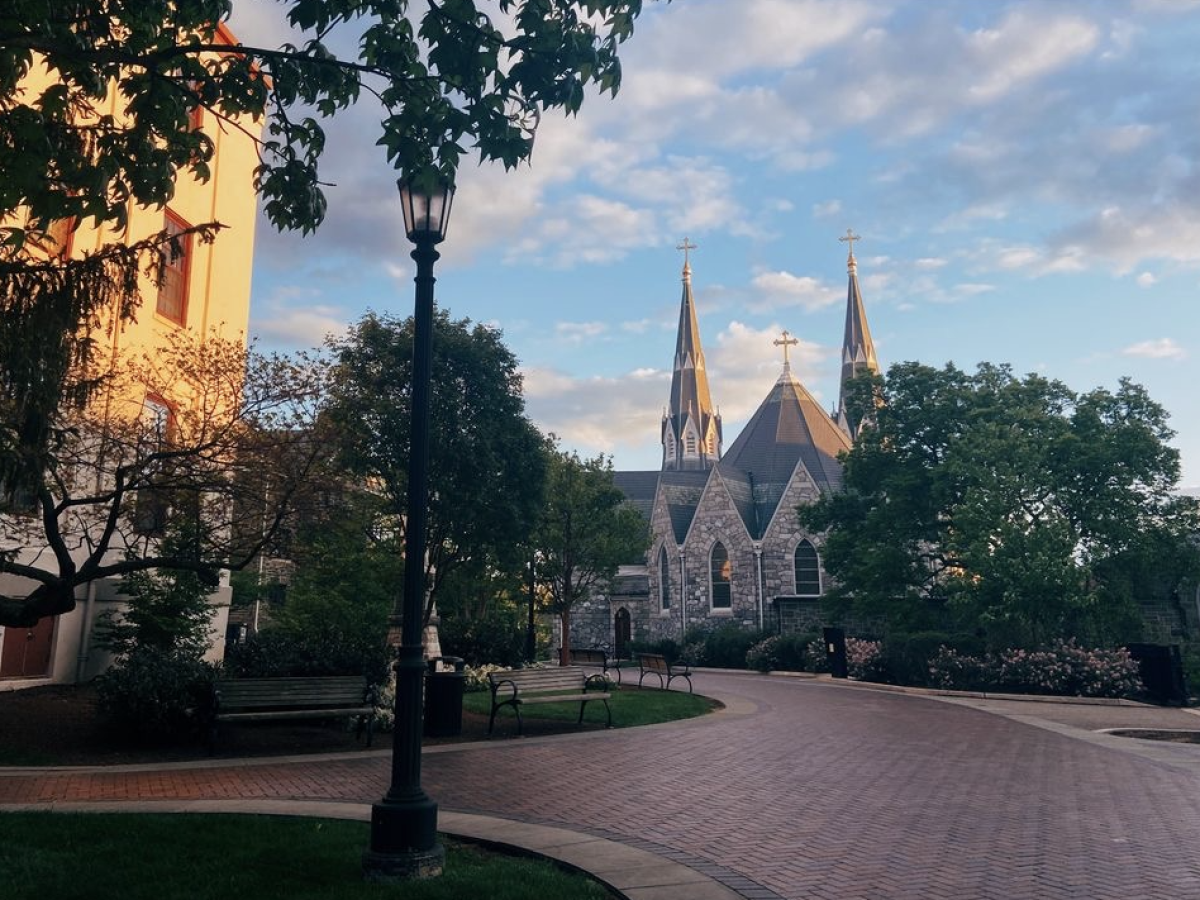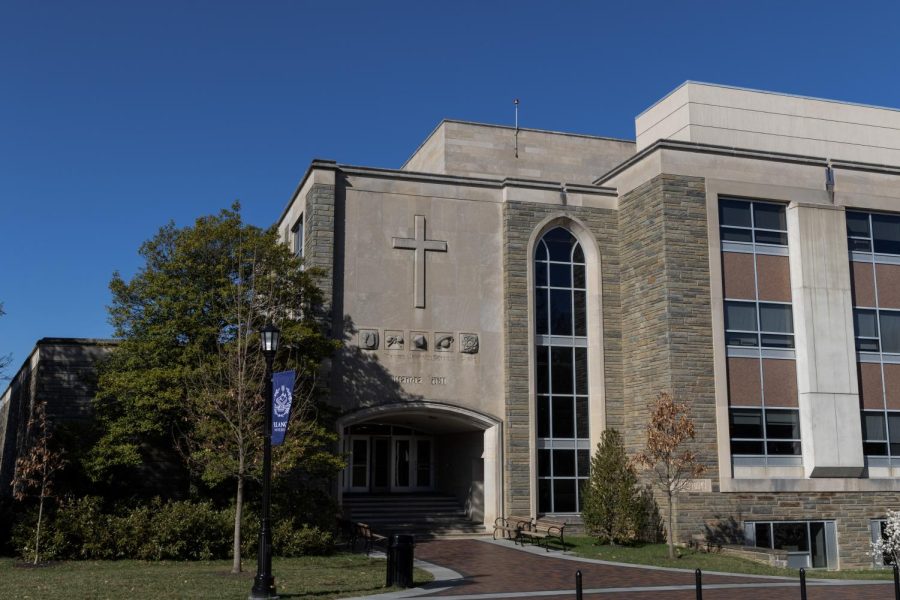This semester, Dr. A.J. Yumi Lee has taught a new English course, Introduction to Asian-American Literature. The class explored what it means to be Asian-American through various literary and cultural texts.
Lee designed the class to incorporate interdisciplinary elements of Asian-American Studies, such as history, sociology and political theory. She also aimed to establish two halves to the course.
“In the first half, [we read] some more classic works in the field that offer us ways to thinking about Asian-American history,” Lee said. “That’s where we read works like China Men by Maxine Hong Kingston, which looks at the Chinese exclusion era, or Citizen 13660 [by Miné Okubo] that looks at her experience of Japanese internment.”
In the second half of the course, students explored more contemporary works, such as The Sense of Wonder by Matthew Salesses. The 2023 novel was inspired by Jeremy Lin, an Asian-American basketball star. Lee wanted these works to give students insight into current Asian-American realities. Overall, Lee hopes students gain a deeper meaning of the term “Asian-American” from this course.
“We think of ‘Asian-American’ as a factual category that is very stable,” she said. “When we look at the history of the invention of this term, it was… a way to confirm identity and highlight common experiences.”
In addition, Lee aims for students to understand the heterogeneity of Asian-Americans. She wants to highlight their various ethnicities, educational backgrounds and generations. Lee, a first-generation American, grew up in Kansas.
“I was one of the only Asians in my school,” she said.
During her first semester at Harvard University, she took her first Asian-American Studies class.
“[That course] really opened up this whole world to me,” Lee said.
It allowed her to combine her love of reading with her identity. When Lee designed an Asian-American literature class at Villanova, there were some bumps in the road. The class initially did not reach enough enrollment. This time around, Lee focused on advertising with flyers and emails.
“I felt really excited when the class filled,” she said.
Evidently, Lee’s efforts paid off. Students have appreciated the content and environment of Intro to Asian-American Literature.
“I think learning about immigration laws and different prevalent historical info helped me understand the texts we read on a deeper level,” an anonymous student in the class said. “I also feel like Dr. Lee has created a positive and collaborative space where we can share our thoughts.”
In addition to texts, the course incorporated the 2022 movie Everything Everywhere All at Once. Students analyzed the film through an Asian-American studies lens. They also compared it with course texts.
“I really enjoy a lot of what we’ve read in class, but I especially enjoyed watching [the movie],” the anonymous student said. “I think the class gave me a deeper understanding of the different themes of the movie that I would not have had without class.”
According to Lee, many faculty in the English Department teach work by Asian-American and diasporic authors.
She is looking forward and feeling quite joyous about growing Asian-American Studies in different departments, including English and Asian Studies.





